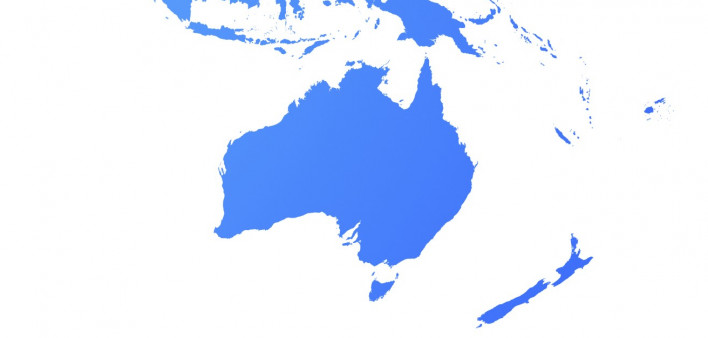Over 240 people who stayed at a COVID-19 quarantine hotel in Victoria, Australia, are being urged to get screened for HIV, hepatitis B and C and other blood-transmitted illnesses after it was discovered that blood glucose testing devices had been reused on multiple guests, reports CNN.
The devices are designed to be used multiple times on one person, not on multiple individuals. Generally, they’re used for people with diabetes, but blood glucose levels are also tested among people who are pregnant or who faint, for example.
COVID-19 isn’t transmitted through blood, assured Safer Care Victoria, the state’s health care safety organization, in a statement published by The Guardian.
“I need to stress that this is, according to all the clinical advice, a very, very low risk of cross-contamination,” added Victorian health minister Martin Foley. “But out of an abundance of caution, Safer Care Victoria and the Alfred are doing precisely the right thing [in urging people to get tested].”
When the COVID-19 pandemic struck in March, Australia closed its borders to noncitizens. As CNN reported, Australians returning from abroad had to pay about $2,100 to stay in a state quarantine facility for two weeks.
Victoria had set up a system of hotels where returning travelers could quarantine. Later in the pandemic, when few people were returning to Victoria, the hotels were used to house people who tested positive for COVID-19 but couldn’t isolate at home.
As Financial Review reported, the quarantine hotel system was set up hastily and overseen by people lacking the necessary experience in public health. As a result, the hotels became a main source of a subsequent wave of COVID-19 cases in the state.
Until recently, Victoria was considered one of Australia’s coronavirus epicenters. But thanks to shutdowns, testing and contact tracing, the number of new coronavirus cases dropped to the single digits for five consecutive days last week, and no deaths were reported, according to ABC news. Health authorities were aware of clusters in various towns, but Victorians lined up for hours to get tested as part of the public health response, and the situation now seems under control.
Residents of Melbourne had been under lockdown since July 7, but authorities eased the restrictions a few days ago, allowing people to spend more than two hours outdoors and to travel farther than 15.5 miles from their homes.







Comments
Comments